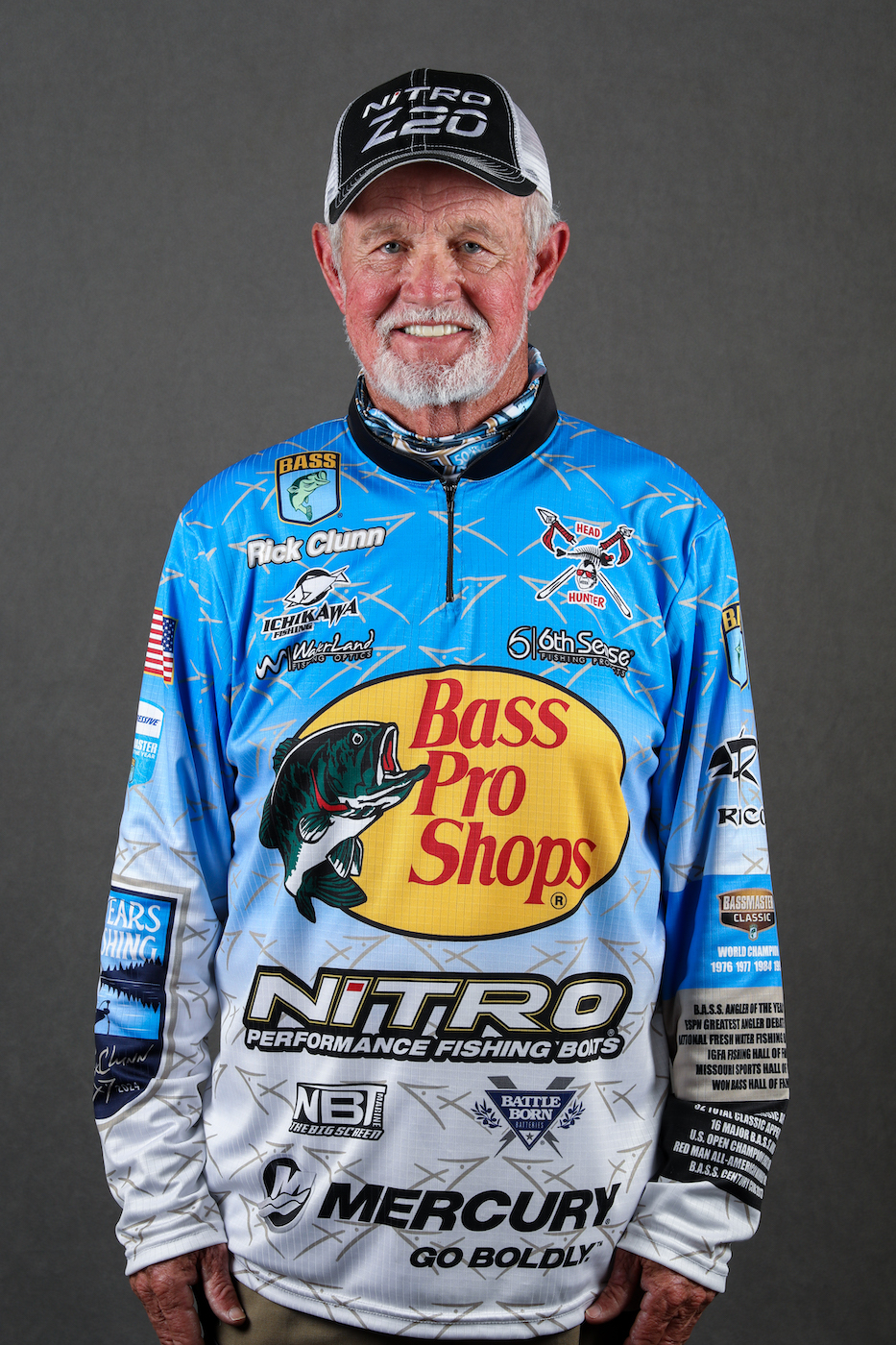
I’ve spent most of the offseason preparing both physically and mentally for my 45th Bassmaster season that opens Feb. 7.
I’ve been in a process of trying to reinvent myself for the past six to seven years. When you’ve fished as long as I have, you have to adjust to the changing times.
It’s hard to give up your old ways when they were so good to you, but you have to work harder to stay in shape physically and mentally.
At age 72, I don’t want to be out running marathons every week, but I know to address those things that wear me out.
My legs have been a big priority this past winter. Fortunately, my wife Melissa has been real good about getting us outside hiking. We do it three or four times a week when weather permits.
Now, I’m not talking about walking down paved streets or over flat ground. We live in one of the steepest parts of the Ozark Mountains.
So I chase Melissa up and down these hills and get a pretty good workout. We might hike two to three miles a day up and over those hills.
My son has helped, too. He just finished his National Guard Basic Training and has offered me tips on keeping in shape.
Shoulders are another issue. I was told 25 years ago that I needed both shoulders operated on as the result of my high school football days.
When I told my martial arts instructor, he told me to get down and do pushups. I did, but man, the pain was killing me.
And then he did something that was incredible. He moved my hands and adjusted my body so that pushups didn’t hurt. He told me those were muscles I had to make strong. I started doing them his way and I solved my shoulder problems without surgery. When I feel them getting weak I go back to doing his pushups.
So, between marching around the hills, utilizing some of my son’s military workouts and doing push-ups, I’ve kept my body in pretty good shape.
Mentally, I have to become more disciplined in how I prepare, practice and fish. It’s an ongoing challenge because I built my career around an ability to find fish of any size and limit out faster than anyone else.
That doesn’t work anymore. It’s the evolution of the sport; our lakes have gotten better, techniques have advanced and we’re fishing for bigger quality fish.
I fought it when I won at St. John’s River in 2016. I knew I was around big fish and had to resist the temptation to move to where I could catch fish faster and satisfy that need for action.
But to do so, I would be leaving an area with better quality fish. So I put down my Power-Poles so I wasn’t constantly on the trolling motor. There were times I found myself on the electric motor and the boat wouldn’t move because I had the poles down.
I made myself fish slower and with bigger lures even though I dearly wanted to pick up a spinnerbait and rake in the 2-pounders.
But to be successful in today’s game, you have to give up 30 strikes a day and fish for 10 good ones.
Tournament practice is challenging. Spending 90 percent of my time looking for 10 quality bites creates a lot of inconsistency, and the thought of going to the scales without a limit is failure to me.
I also have to battle the experience on waters I’ve accumulated over the years. Young anglers have an advantage; they don’t have a lot of history so they will commit to something that works for them and inherently listen to their intuition.
Experienced anglers wind up giving in to past experiences, ignoring their intuition and don’t commit to anything.
I’ve renewed my commitment to follow those gut feelings and make my intellect be a servant to that.
If I do that and stay focused on fishing for fewer but bigger bites, good things can happen.

